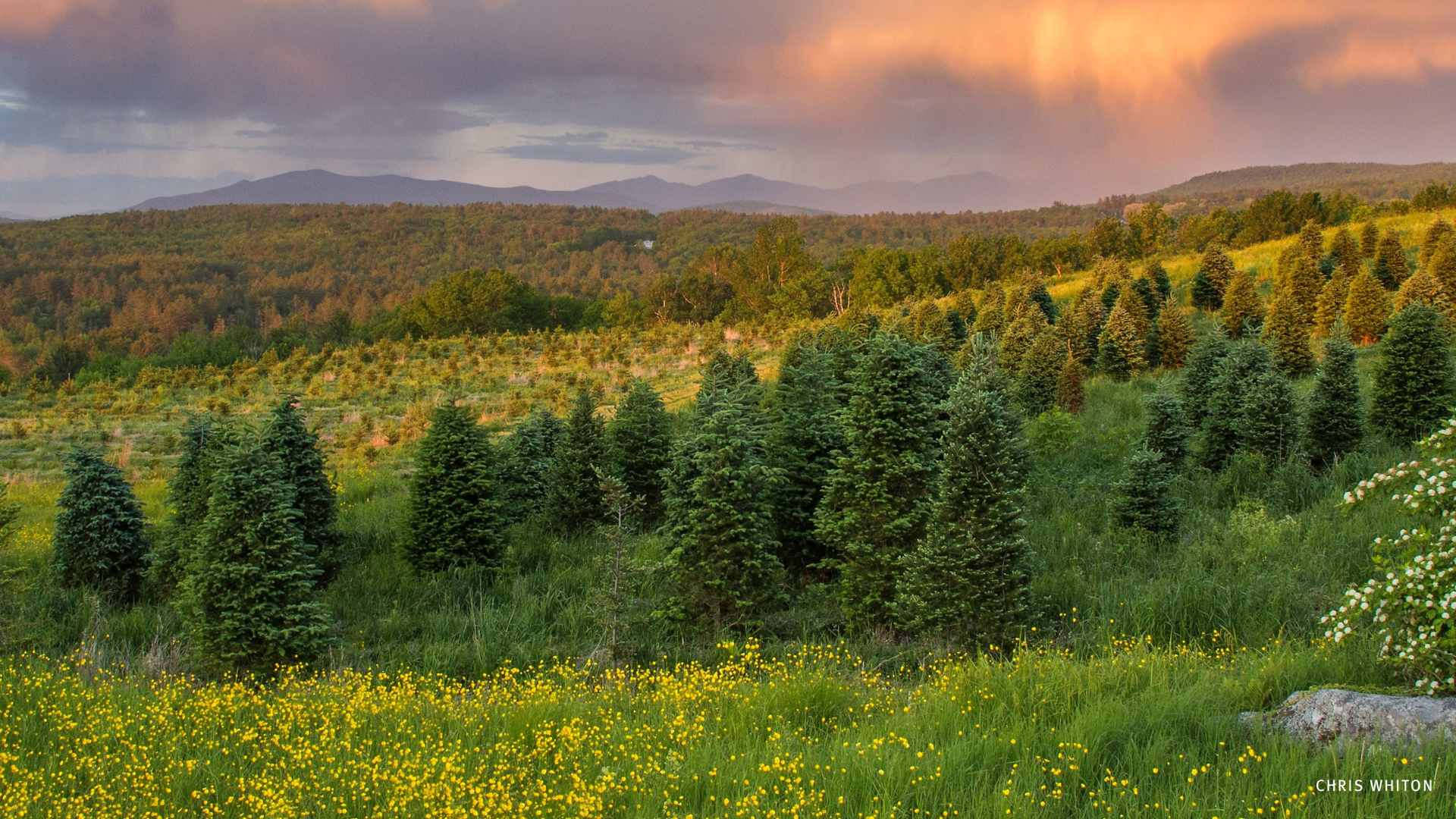CONCORD — Many opponents of the Northern Pass project want the entire 192 miles of transmission line between Canada and Deerfield buried, but on Friday landowners said a decision two years ago to increase the buried portion to 60 miles was ill-conceived and based on political pressure rather than a thorough study.
For the second day of adjudicative hearings on the $1.6 billion project before the Site Evaluation Committee, Eversource New Hampshire President William Quinlan testified under oath.
Easton abutters Carl Lakes questioned how “clean” the Hydro-Quebec energy is noting the large hydro projects cause “pollution, death and destruction.’
He also accused the company of trying to buy influence with its $20 million allocation to the state Public Utilities Commission for energy efficiency projects and telling towns along the route the company would not seek abatements if their assessments were reasonable.
“You’re attempting to buy off the PUC and towns,” Lakes said, but Quinlan denied that accusation saying the money for energy efficient projects is included in a settlement with state regulators and the abatement offer was an attempt to put the issue to rest.
The day before Quinlan faced questions about the project’s cost and who would pay for it, a $200 million economic development fund and whether it would help lower New Hampshire residents’ and businesses’ electric bills.
The project, nearly a decade in the development stage, would carry Hydro-Quebec energy through New Hampshire to energy hungry southern New England.
The project has been fought by homeowners, landowners, conservationists and environmentalists who say it will adversely impact the state in many ways, but supported by business groups, trade unions and large electric users who say it will bring much needed clean, renewable energy to the region.
On Friday Quinlan faced questions by intervenors with concerns about specific sections in the North Country including the much studied Coos Loop and the buried line along existing roadways from the White Mountain National Forest to Plymouth.
Franconia resident Walter Palmer, a landowner along the buried portion of the line, said instead of the five years of work on the original proposed route, only about a year was spent working on the proposal to bury the line through the White Mountain National Forest and in areas on both sides of the forest.
“You’re going to be burying lines right through the center of some active little towns in New Hampshire and in the front yards of residences along those roads,” Palmer told Quinlan. “I feel this is a very ill-conceived plan that was adopted precipitously and without adequate study.”
Click below to read full story by Garry Rayno at InDepthNH.org
